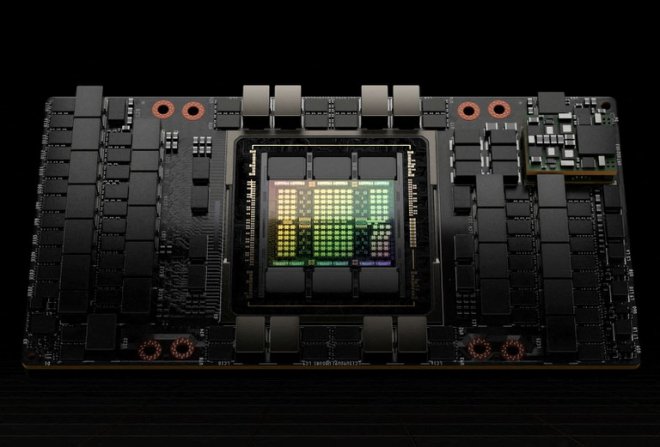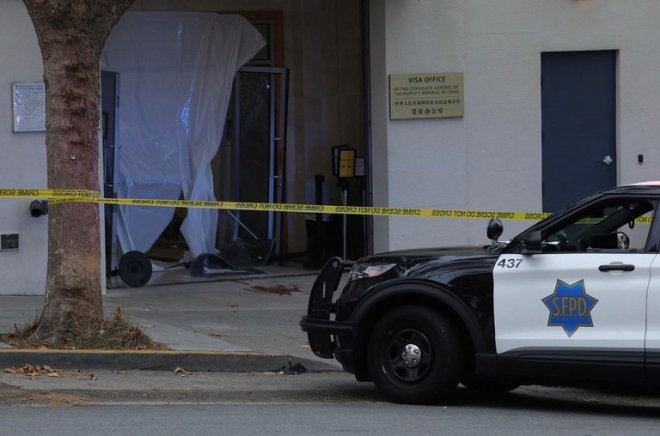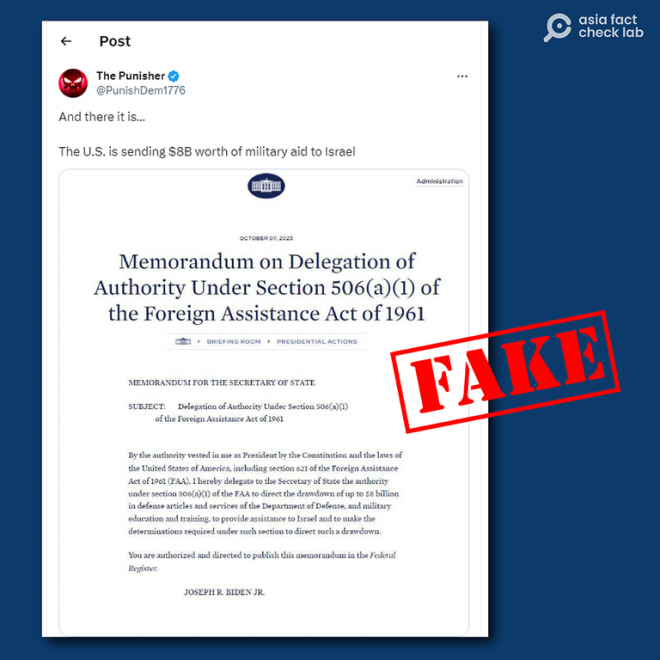Vietnam’s sports minister orders cleanup of Hanoi’s shabby stadium
It was supposed to be a symbol of national pride. Now some see Hanoi’s My Dinh National Stadium as emblematic of everything that’s wrong with Vietnam’s economy.The stands have cracks and dirty puddles, the equipment and changing rooms are shabby and the toilets smell, according to the Nhan Dan newspaper. Even the soccer pitch is uneven, with withered yellow grass.
“This is not due to a lack of funding or My Dinh Stadium forgetting to carry out maintenance. That’s been done frequently,” Dang Ha Viet, general director of the General Department of Physical Education and Sports told a news conference (quoted by the Ngoiduatin online news site) on Dec. 26. “But in the past month, due to insufficient sunlight, the grass didn’t photosynthesize well so it was not as green as expected … I hope everyone can understand the difficulty in terms of weather conditions.”
According to the director of My Dinh National Sports Complex though, it is a funding problem.
“My Dinh Stadium Management Board does not make enough money to pay staff salaries. The average employee"s salary is from VND4-5 million (U.S.$170-213), but now only half a month"s salary is paid,” Nguyen Trong Ho said.
“Replacing lawn grass costs a lot of money. For normal grass it would cost VND6 billion (U.S.$256,000) for a pitch like this; its tens of billions.”
Former military officer Nguyen Quang Vinh, who lives in Hanoi, told RFA he thinks the working style of the management board reflects the way the Vietnamese government is run.
“All the evils present in the government apparatus will be repeated and reflected in the management and working style of the management board of My Dinh Stadium,” he said.
“All major projects of the Government of Vietnam are in this situation due to the corruption and irresponsibility of those in charge.”
For another resident of the Vietnamese capital, former military intelligence officer Vu Minh Tri, My Dinh Stadium is a symbol of everything that’s wrong with the State’s economic management.
“It does not operate according to economic laws. It is not intended to serve the people but only as a front, or as a means or a place for personal gain,” he said.
 The Vietnamese national soccer team at My Dinh National Stadium in 2018. Credit: AFP
The Vietnamese national soccer team at My Dinh National Stadium in 2018. Credit: AFPThen-Prime Minister Phan Van Khai approved the project to build a stadium in the center of the Vietnam National Sports Complex in July 2000.
China’s Hanoi International Group (HISG) beat three other foreign companies in bidding for the contract. As soon as the contract was signed in 2001 the Bidding Appraisal Council chaired by Deputy Minister of Construction Nguyen Tan Van said HISG’s architectural plan was unsatisfactory. Shortly afterwards the Construction Ministry changed its mind, saying the plan met its standards.
Construction started the following year and the stadium was inaugurated in time to host the 2003 Southeast Asian games.
It has been managed since 2021 by the National Sports Complex, a 100% self-financed unit.
The stadium is home to Vietnam’s national soccer team and, according to the Vietnam Football Federation, for every match in last year’s ASEAN Football Federation Championship it had to pay VND800 million (U.S.$34,127), including VND120 million (U.S.$5,119) to buy fertilizer for the pitch.
For Dinh Kim Phuc, a researcher into South China Sea issues, My Dinh Stadium’s mismanagement is an affront to national pride.
“The face of Vietnamese sports has been denigrated in recent times. We clearly see this in the poor management quality, responsibility and attitude,” he said.
“I am surprised that Vietnam’s head of state has come to see matches at My Dinh many times, given the current state of the pitch … This issue must be discussed more deeply to save the face of the country"s sport. I propose that all leading officials who have direct or indirect relations with My Dinh Stadium be sacked to set an example.”
Prime Minister Pham Minh Chinh brought up the sorry state of My Dinh Stadium at a Jan. 4 conference at the Ministry of Planning and Investment. He asked My Dinh National Sports Complex Director Nguyen Trong Ho to work with the private sector to find out how to manage the stadium more effectively.
Two days later, the Ministry of Culture, Sports and Tourism held an emergency meeting about the stadium. Sports Minister Nguyen Van Hung enlisted the help of Bac Ninh University of Physical Education and Sports which sent more than 100 students to clean the stadium.
Translated by RFA Vietnamese. Edited by Mike Firn.
[圖擷取自網路,如有疑問請私訊]
|
本篇 |
不想錯過? 請追蹤FB專頁! |
| 喜歡這篇嗎?快分享吧! |
相關文章
AsianNewsCast






















